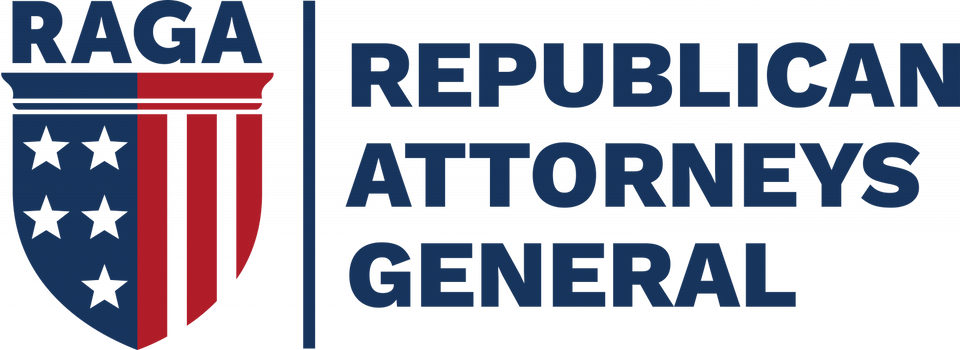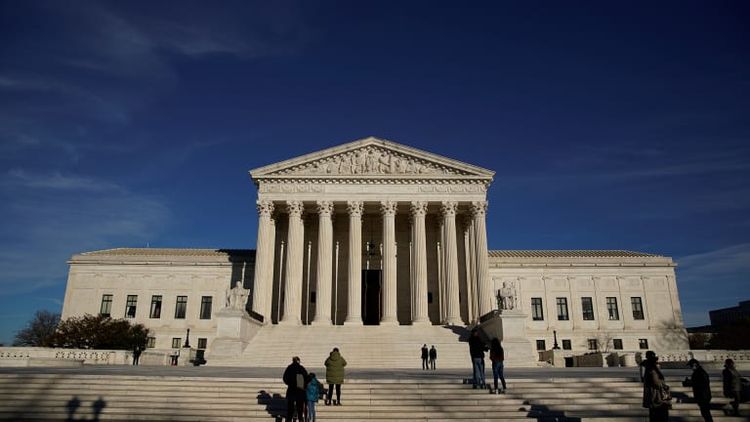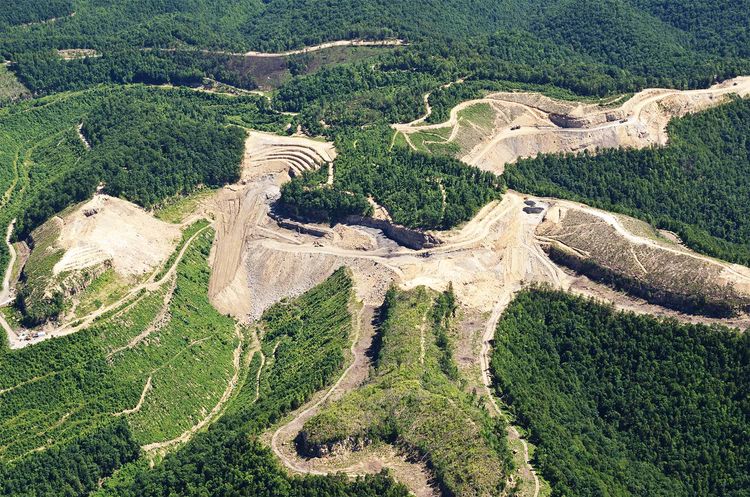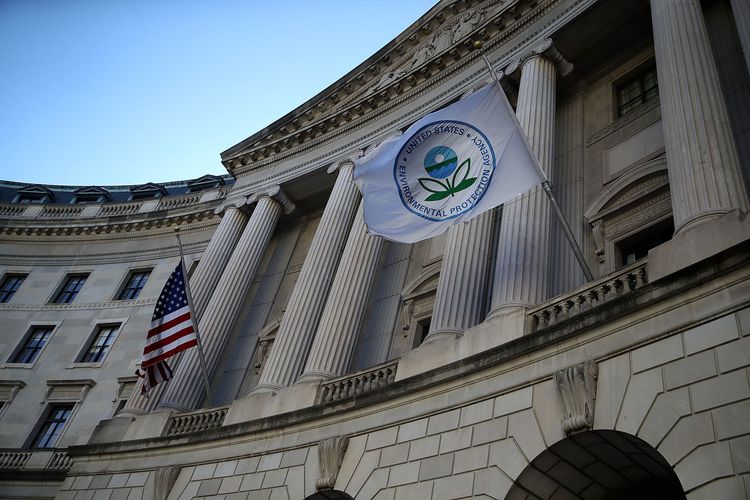Damages: Another Climate Case, Another RAGA Brief

If you caught our bonus episode with the great Lisa Graves, you're probably pretty up on the Republican Attorneys General Association, or RAGA. If not, a quick primer: Formed in the late 1990s by the AGs of Texas (yes it was John Cornyn), Alabama, and South Carolina as a reaction to the tobacco litigation, step one of RAGA's mission was to get more Republican attorneys general elected. With the balance tilted in their favor, RAGA planned to block anything like the tobacco litigation from ever happening, and copy the strategy to push lawsuits that benefit corporations.
In its early years the organization raised money through the Republican National Committee, and hid money that way too. Donations to RAGA went into the general "soft money" account of the RNC, and while reported in the RNC's monthly filings with the Federal Election Commission, were never marked as RAGA donations. Eventually the 2010 Citizens United decision removed the need to funnel money; then on April 5, 2014 the Supreme Court ruled in McCutcheon et al v FEC to remove the cap on political donations. On April 6, 2014 RAGA launched its super-PAC, the RAGA Action Committee. Its stated aim was: “to preserve the constitutional design of federalism; to address policy challenges and advocate solutions; to support Republican state attorneys general in fighting federal encroachment, protecting citizens against crime and promoting free markets; to provide the Republican attorneys general a platform for their proper role as leaders in the national Republican Party; to assist in the election of Republican candidates for attorney general and the reelection of incumbent Republican attorneys general.” Note that the original mission of RAGA, to elect more Republican AGs, was now last on the list. The group also created its 501(c)(4), the Rule of Law Defense Fund in 2014, which also happens to be the year that the balance of attorneys general in the country shifted in Republicans' favor. They secured 27 AG spots to the Democrats' 24 that year, and have maintained that split ever since. If you've heard of the Rule of Law Defense Fund, chances are that's because of the group's role in helping to fund the January 6, 2021 Capitol insurrection. Rule of law!
At any rate, since the very first climate liability cases appeared, I've been expecting RAGA to show up. After all, they were originally galvanized by the tobacco litigation and no one has missed the parallels between the climate liability suits and the tobacco cases. And sure enough, every time a case is filed, a batch of Republican AGs turns up to "defend energy producers."
This week they're carrying even more water than usual for the fossil fuel industry, pegging their brief in the Delaware case to Russia's invasion of Ukraine and the urgent global need for oil and gas. In a press release, Texas AG Ken Paxton's office wrote: "In the context of current global challenges, moreover, it is of paramount importance that we preserve and promote U.S. energy production rather than cause our country to rely further on foreign imports."
In their amicus brief, the states of Indiana, Alabama, Alaska, Arkansas, Georgia, Kansas, Kentucky, Mississippi, Missouri, Montana, Nebraska, Oklahoma, South Carolina, Texas, Utah, Virginia, and Wyoming argue that the case should be removed to federal court and that federal laws "prevent a state court from resolving a common-law claim expressly premised on global climate change." It's an argument they, and the oil company defendants, make in every climate liability case, and which so far no appeals court judge has agreed with. Allowing climate liability claims to remain in state court, the Republican AGs argue, "threatens to give Delaware state courts freewheeling power to set climate-change policy for the entire country. Such a result excludes other States from the climate-change policymaking process and threatens to undermine the cooperative federalism model our country has long used to address environmental problems."
Similar arguments have previously been struck down by the First, Fourth, Ninth, and Tenth Circuits. Last year in a wonky procedural ruling the Supreme Court said that the circuit courts could revisit aspects of these decisions. Earlier this year, the Tenth Circuit affirmed its decision to keep the Boulder, Colo climate liability suit in state court. Other circuits are expected to follow suit, but it's doubtful that will stop Team RAGA from filing these briefs in every case.
The same group of states showed up in the recently revived Juliana case, too. The Juliana plaintiffs have filed an amended complaint, and as part of that process U.S. District Judge Ann Aiken mandated a settlement conference between the plaintiffs' attorneys and the Department of Justice attorneys in the hopes that some sort of settlement could be reached. That's when RAGA showed up.
"They asked the district court, if they could come in and intervene for limited purposes," plaintiffs' attorney Julia Olson explains. "And so this intervention motion that they filed, it's really bizarre because typically when you have intervenors, they either want to come in as a plaintiff, or they want to come in as a defendant and they want to participate in a case as a full. And these attorneys general they aren't asking to come in as a party. They want to come in as sort of an interlocutor to just blow things up. They said very explicitly they want to come and have a seat at the settlement table in order to prevent any settlement from happening."
Ultimately, Olson says, they needn't have bothered. "The Biden DOJ is continuing to do its job to fight this case," she says. "And at this point, you know, has not shown any non-alignment with the position of the Trump administration or for that matter, the red states."
These aren't the only climate-related lawsuits RAGA has been involved with. Others include:
- An attempt to stop President Biden's cancellation of the Keystone XL pipeline
- A successful attempt to block the Biden administration from using social cost of carbon to analyze policy decisions
- A successful attempt to strike down most of the 2016 methane rule
"RAGA now is not just a recipient of donations from Big Oil and big corporations," Graves says. "But it's also a major recipient of funds in which the source is completely unknown to anyone other than the person raising the money."
One source of dark money she points to is CRC Advisors, the latest venture of Leonard Leo, who's best known for spearheading the Federalist Society's decades-long campaign to install as many conservative judges as possible.
"The agenda of Leonard Leo and the other people who fund RAGA is structural change, a legal revolution," Graves says. "And one of my primary concerns is that there will be an attempt to take away the power of Congress to regulate carbon."





